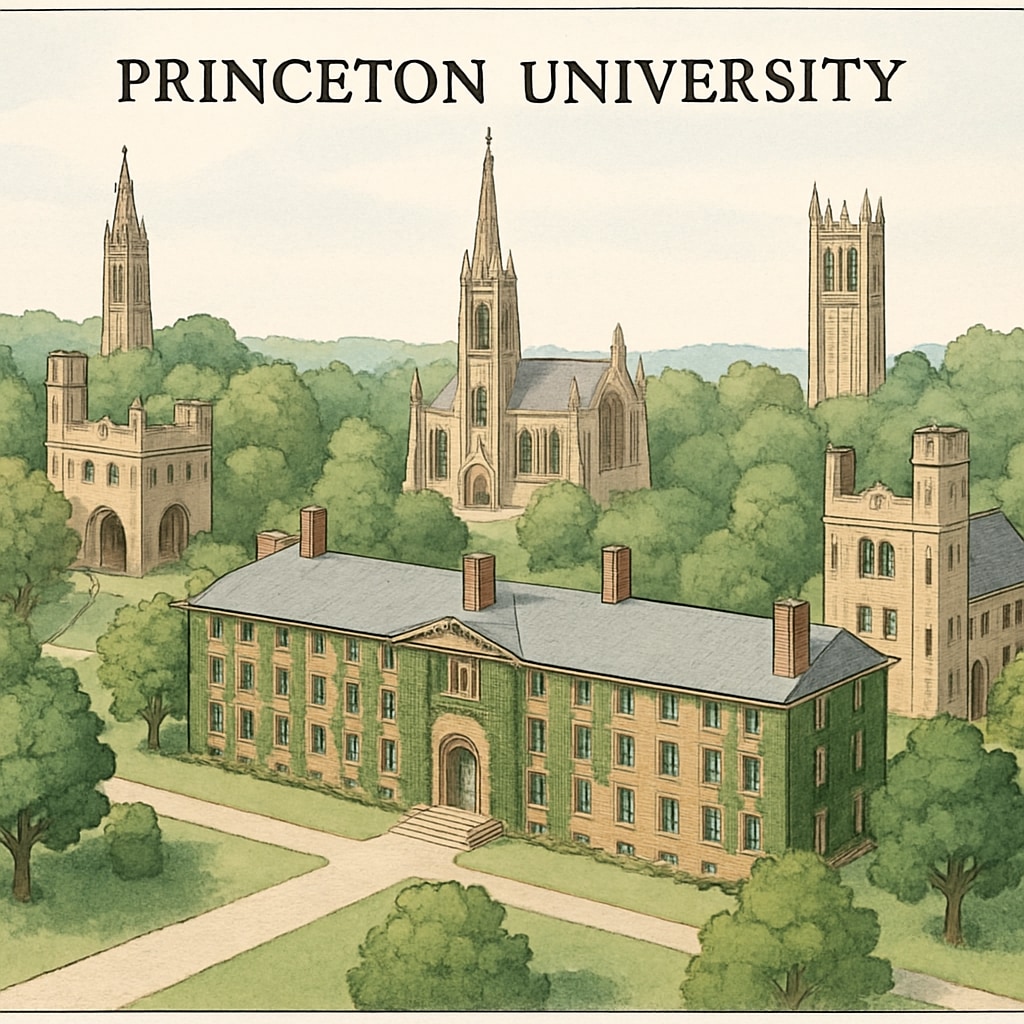The prestige of Princeton and other Ivy League schools has long been celebrated worldwide. However, it is increasingly important to ask: are these institutions truly as valuable as their reputations suggest? Many argue that Ivy League schools are overrated, with their perceived prestige outpacing their actual contributions to education and society. In this article, we will explore the myth of the Ivy League’s unparalleled excellence, reevaluate the true value of institutions like Princeton, and encourage families to reconsider the meaning of elite education.
The Origins of the Ivy League Mystique
For decades, the Ivy League has been synonymous with academic excellence, wealth, and social mobility. Princeton, for instance, is renowned for its rigorous academic programs, influential alumni, and picturesque campus. Yet, much of the Ivy League’s allure stems from historical privilege rather than educational superiority. These institutions were founded to serve the elite, and their exclusivity became their brand. Today, they leverage this historical prestige to maintain their position at the top of university rankings.
However, is historical reputation enough to justify their current standing? Research suggests that factors like legacy admissions—a practice where the children of alumni are given preferential treatment—undermine the meritocratic principles Ivy League schools claim to uphold. In fact, studies on the Ivy League reveal that legacy students often gain admission despite lower qualifications compared to their peers.

Are Ivy League Schools Overrated?
The question of whether Princeton and other Ivy League schools are overrated is more relevant than ever. Critics argue that their reputation as epicenters of innovation and intellectual thought is exaggerated. While these schools undeniably produce successful graduates, their contributions to broader societal progress may not justify their elite status.
For example, many less prestigious institutions offer comparable, if not superior, education in certain fields. Public universities and smaller liberal arts colleges often provide more affordable and personalized education, without the inflated price tag associated with Ivy League tuition. Moreover, such schools frequently serve a more diverse student body, addressing critical social equity issues that elite universities often overlook.
Additionally, the social exclusivity of Ivy League schools fosters an environment where networking often takes precedence over learning. This raises the question: are students paying for an education or simply a powerful alumni network?

Rethinking the Meaning of Elite Education
It’s time for students and families to reassess what “elite education” truly means. While Ivy League schools like Princeton offer undeniable advantages, such as access to influential networks and high-profile faculty, these benefits come with significant limitations. For many, the financial burden of attending these institutions outweighs the potential rewards. Additionally, the hyper-competitive culture at Ivy League schools can lead to mental health challenges among students.
Instead of focusing solely on prestige, families should consider factors such as affordability, diversity, and the alignment of a school’s values with their own. In doing so, they may find that lesser-known institutions offer equally transformative educational experiences.
For instance, state universities often excel in STEM fields, while community colleges provide affordable pathways to higher education. These schools may lack the Ivy League’s glamour, but they frequently surpass elite universities in accessibility and practical outcomes.
Conclusion: Prestige vs. Value
Princeton and its Ivy League peers deserve recognition for their historical significance and achievements. However, their reputations as the pinnacle of education should not go unchallenged. As society evolves, so too must our understanding of what makes an institution truly great. By looking beyond the Ivy League’s glossy facade, students and families can find educational opportunities that better align with their goals and values.
Ultimately, the true value of education lies not in the name of the institution but in the knowledge, skills, and experiences it provides. As the world grows increasingly interconnected, the time has come to question whether the Ivy League’s exclusivity and prestige are still relevant—or simply relics of a bygone era.
Readability guidance: Short paragraphs and subheadings enhance readability, with transitions (e.g., however, in addition) ensuring logical flow. Summaries and lists are used to highlight key points.


